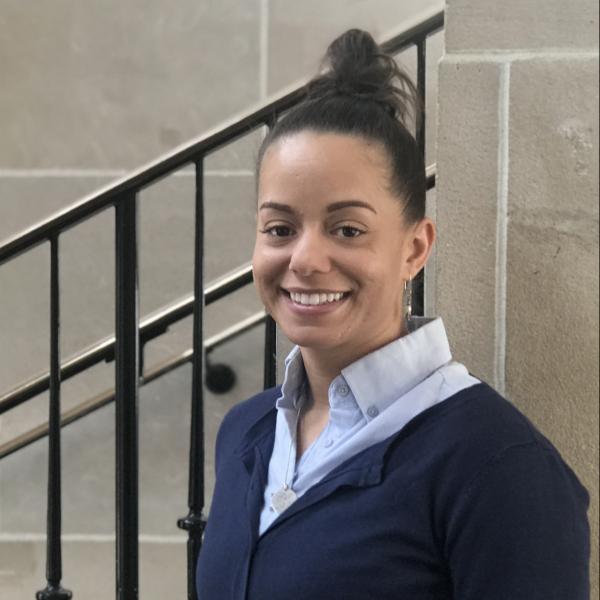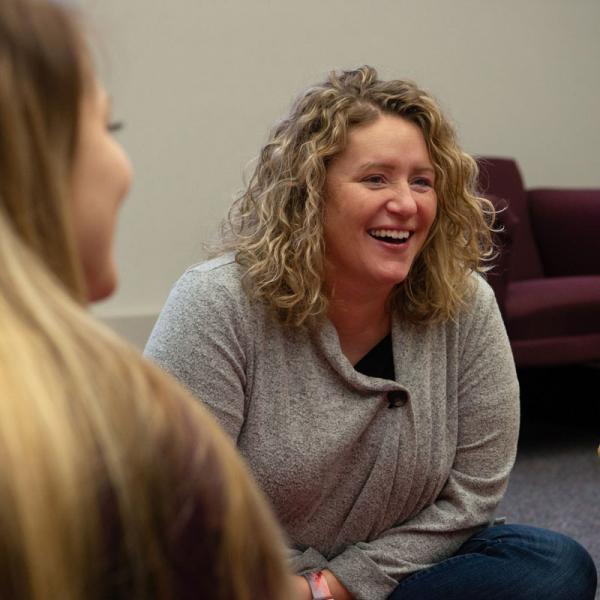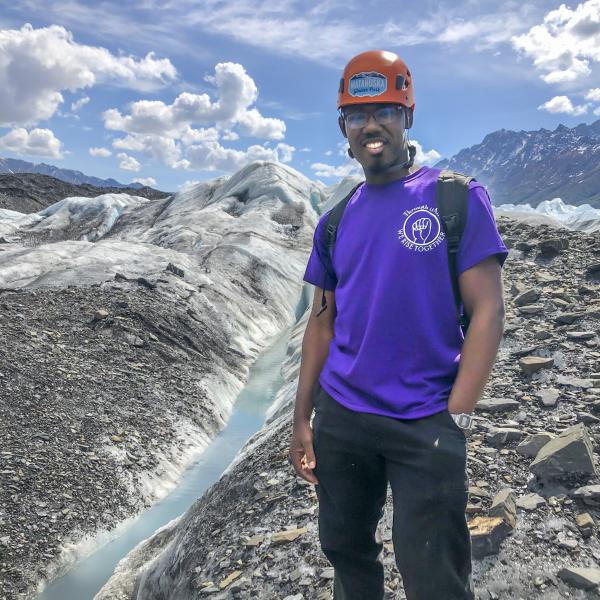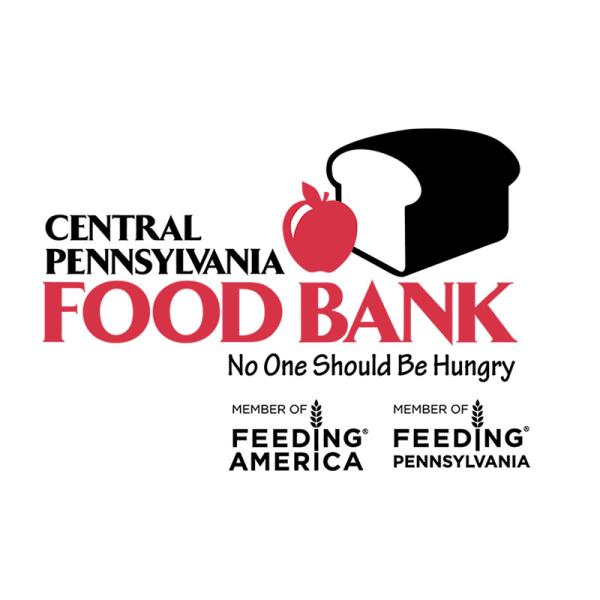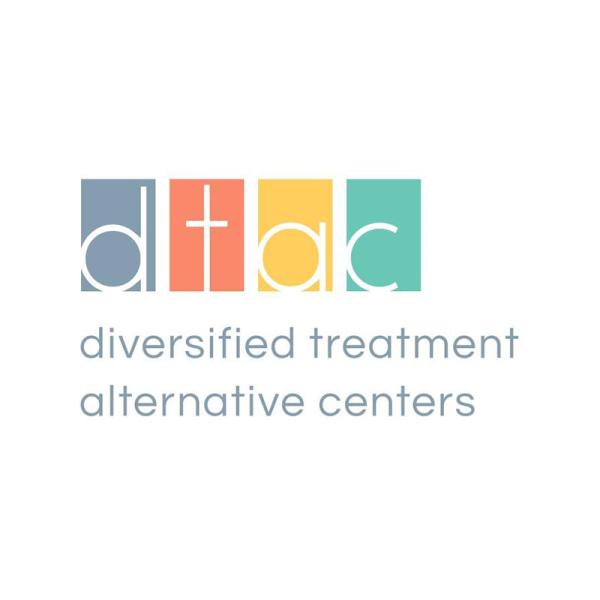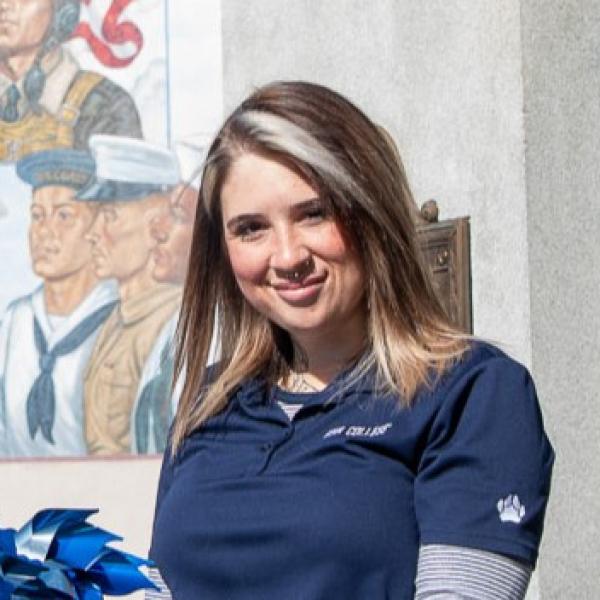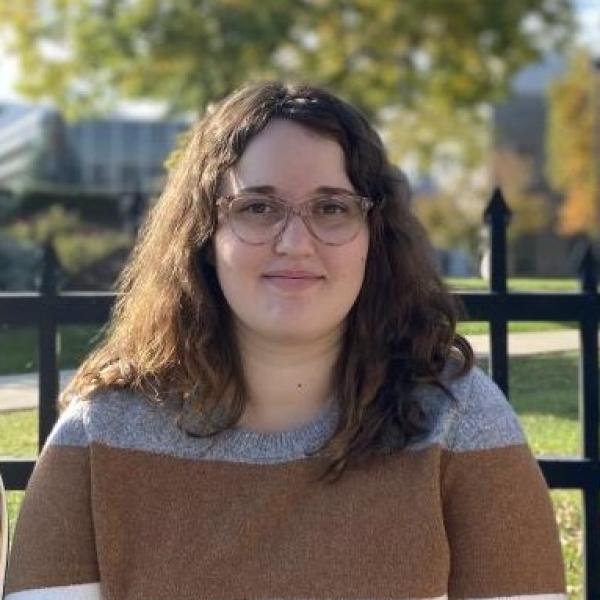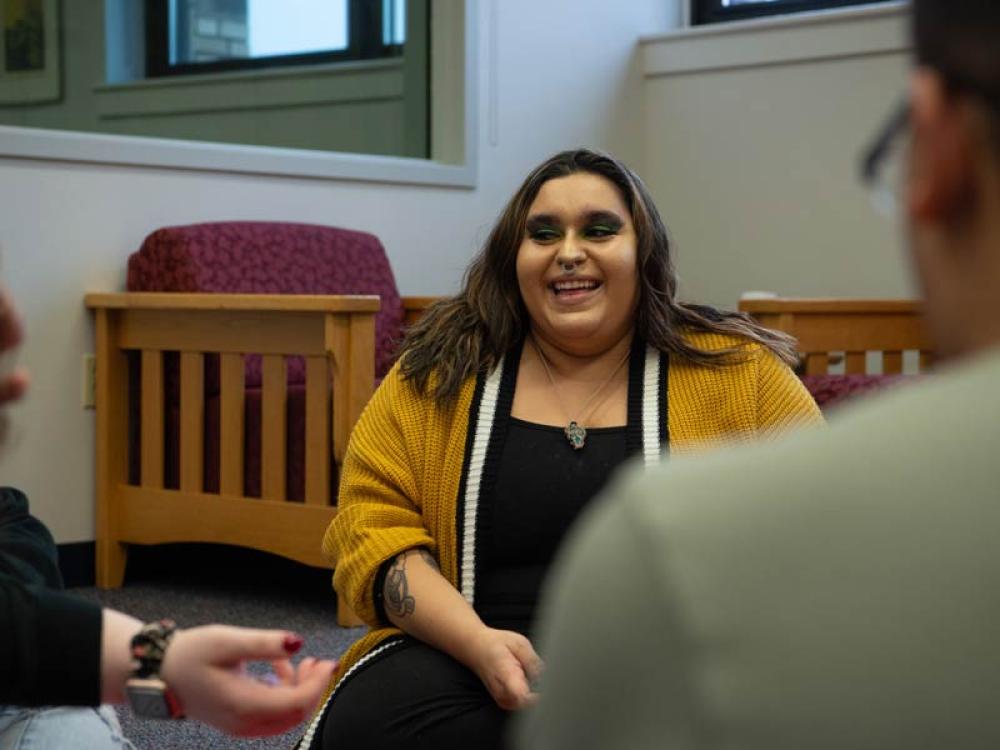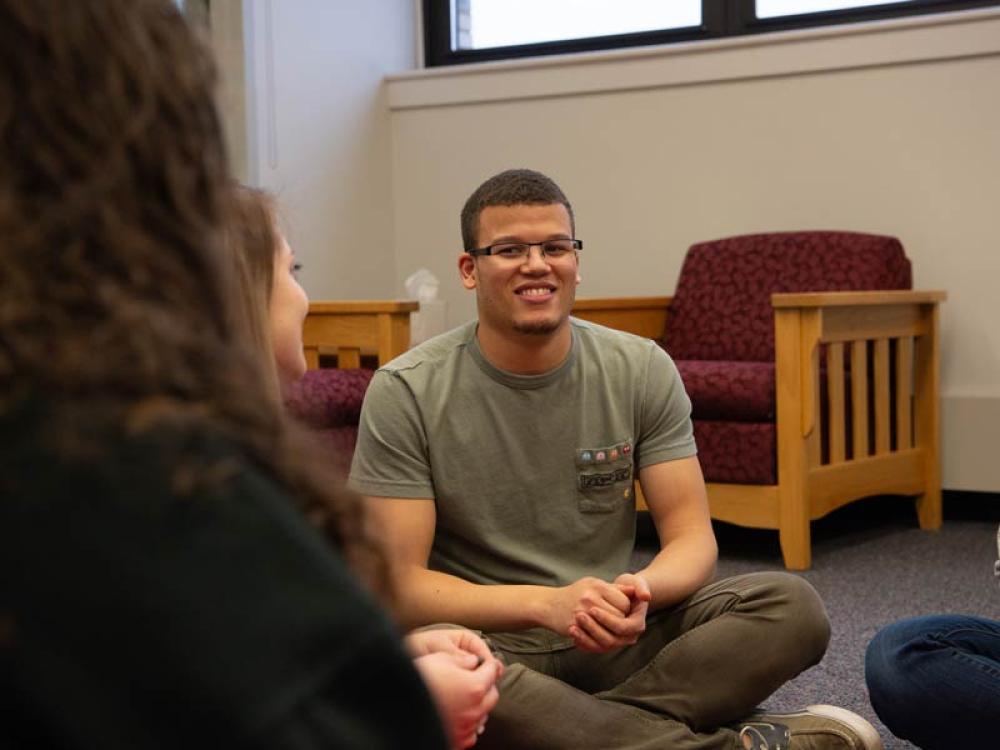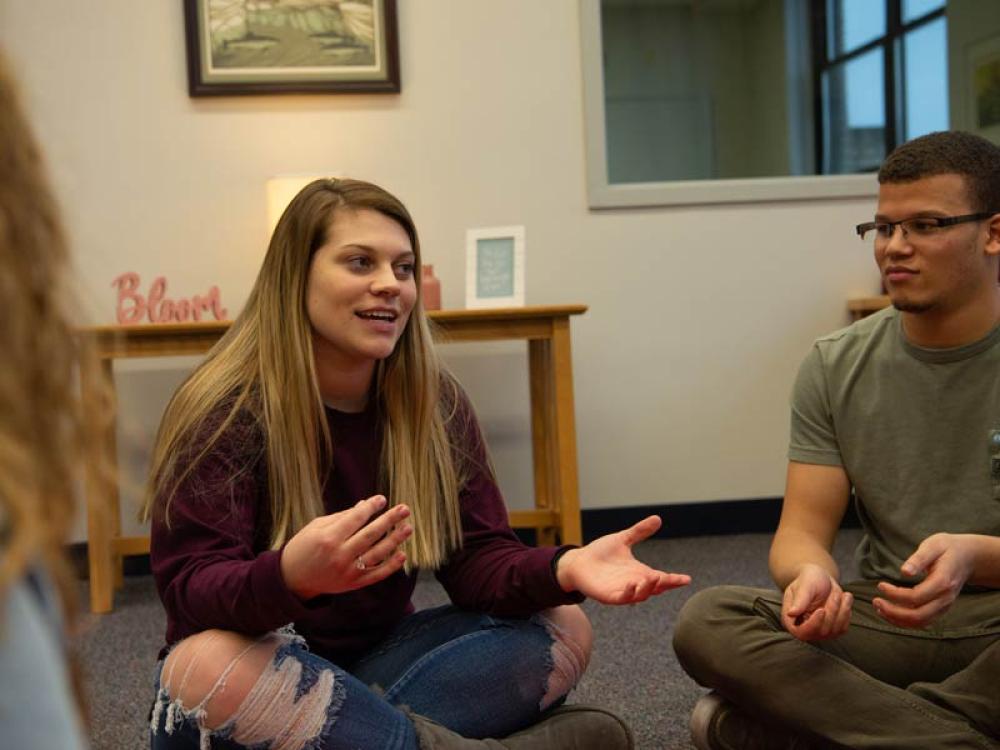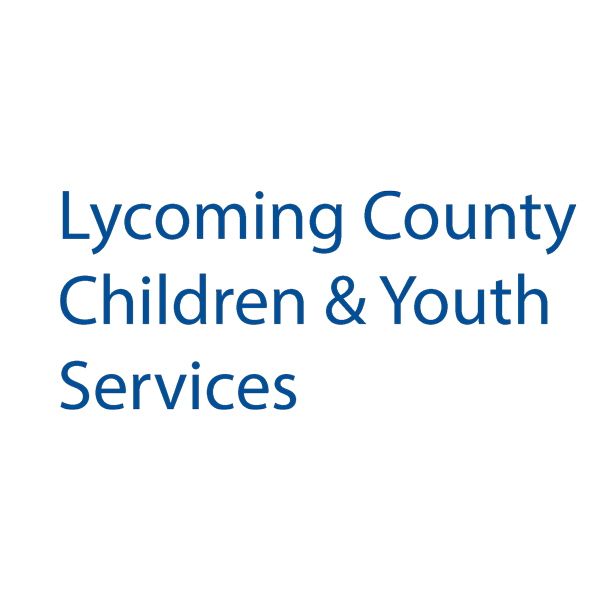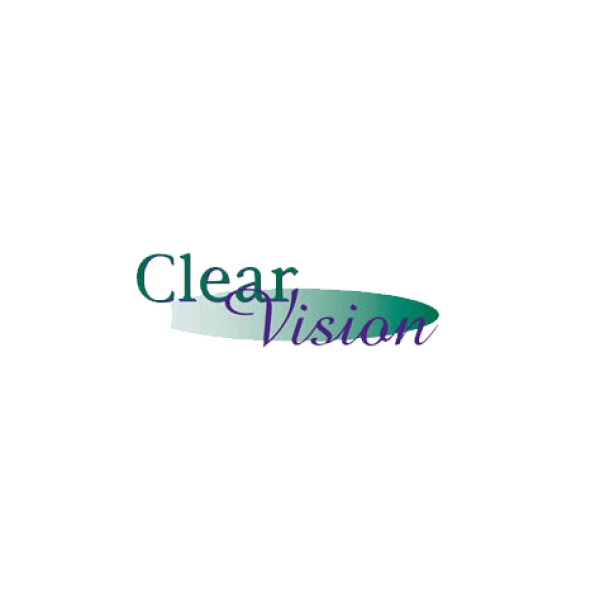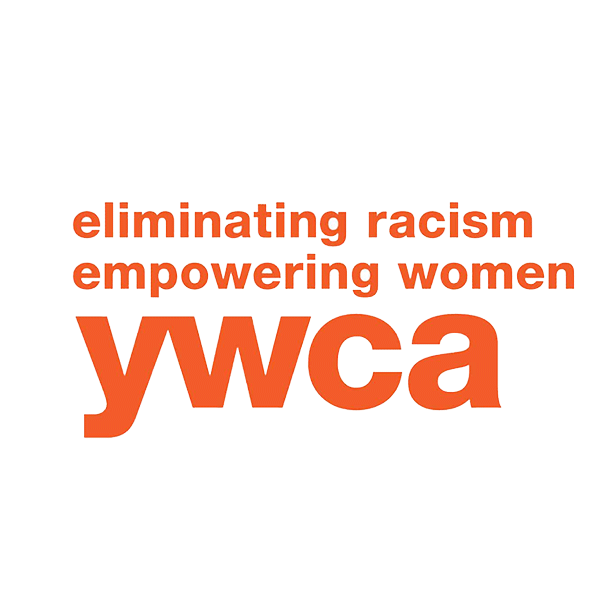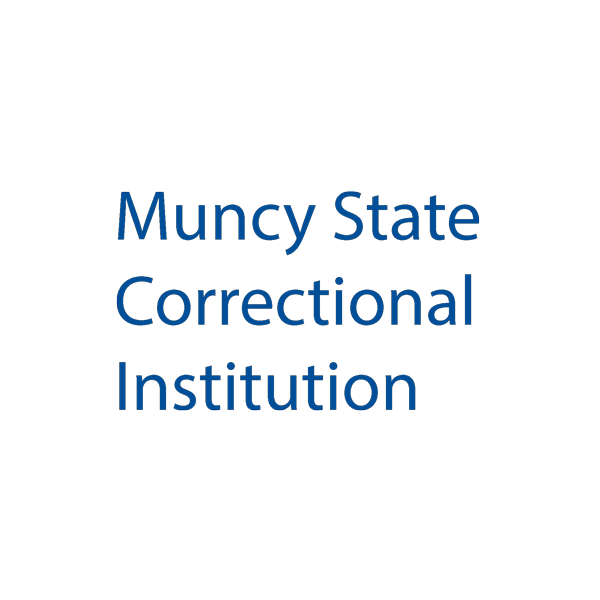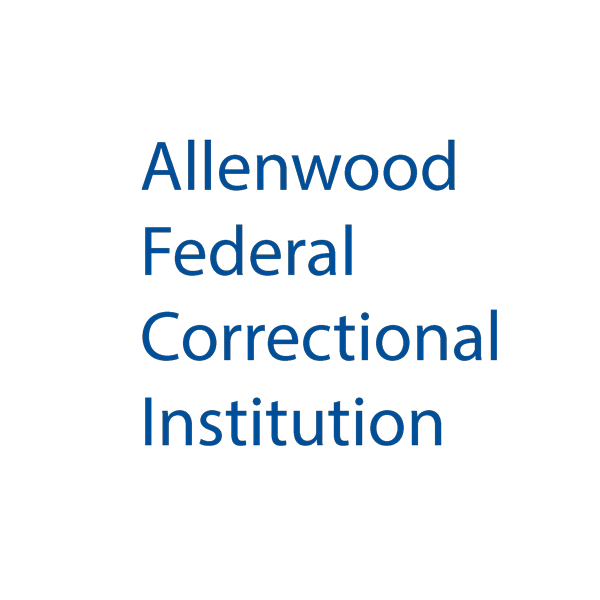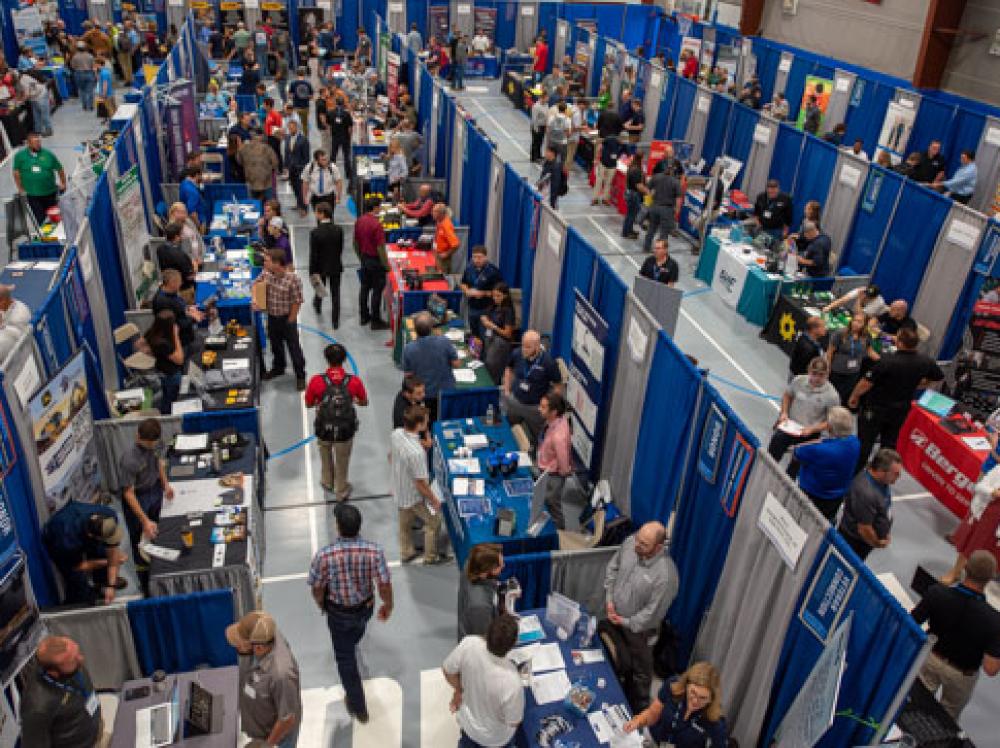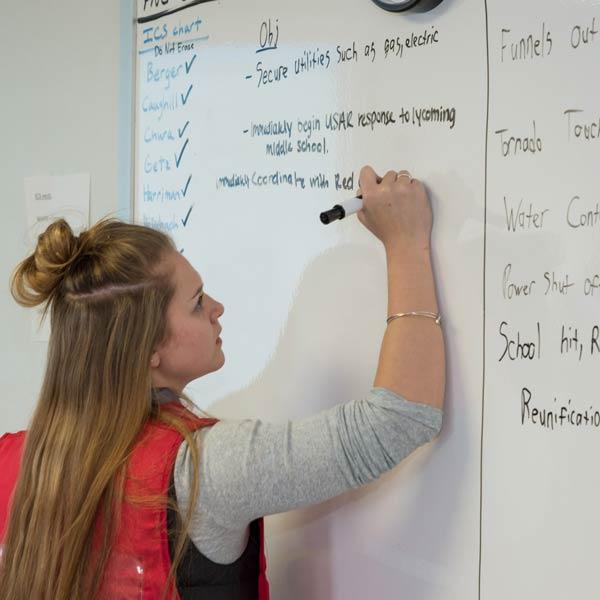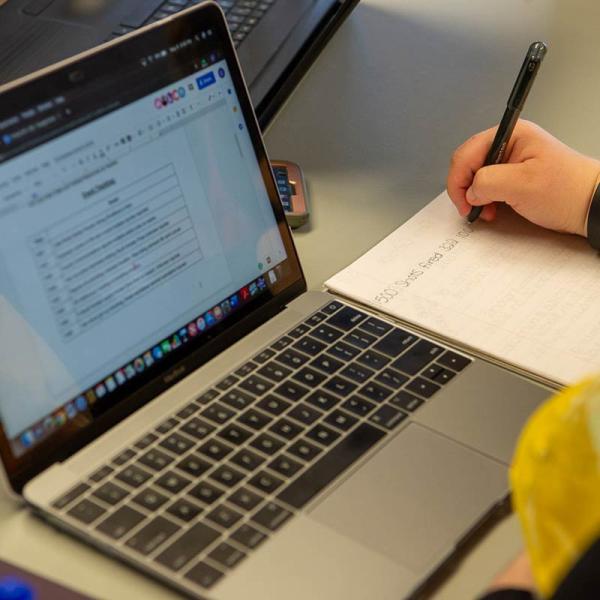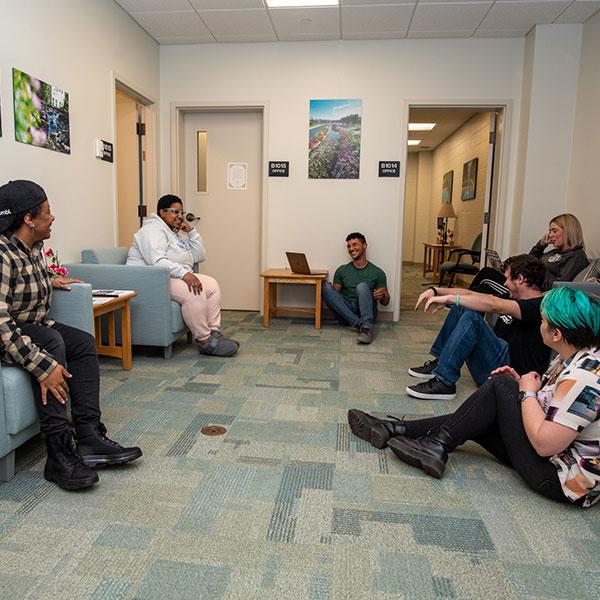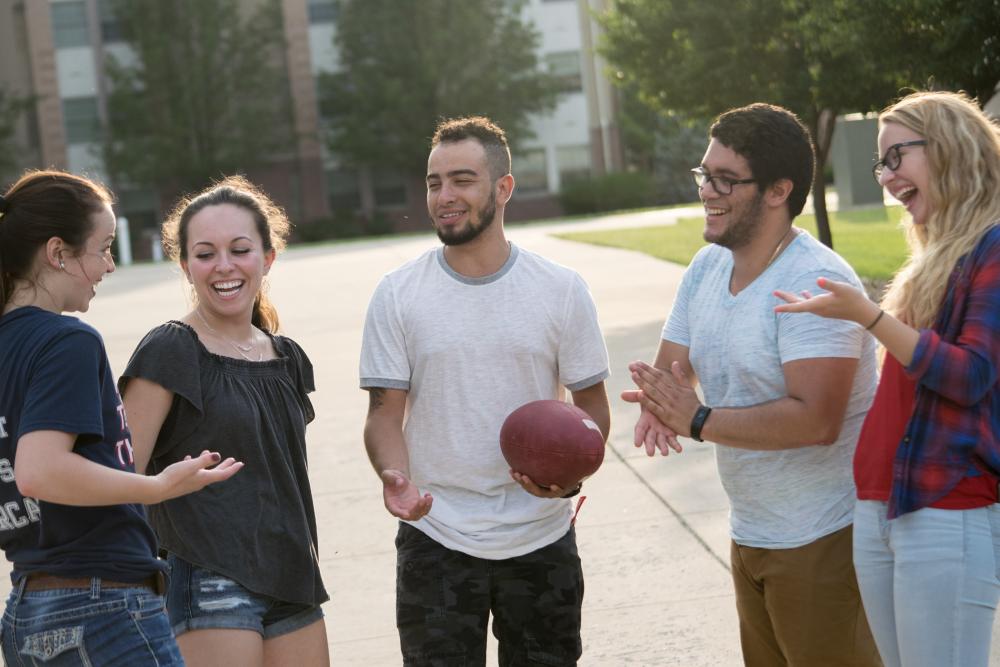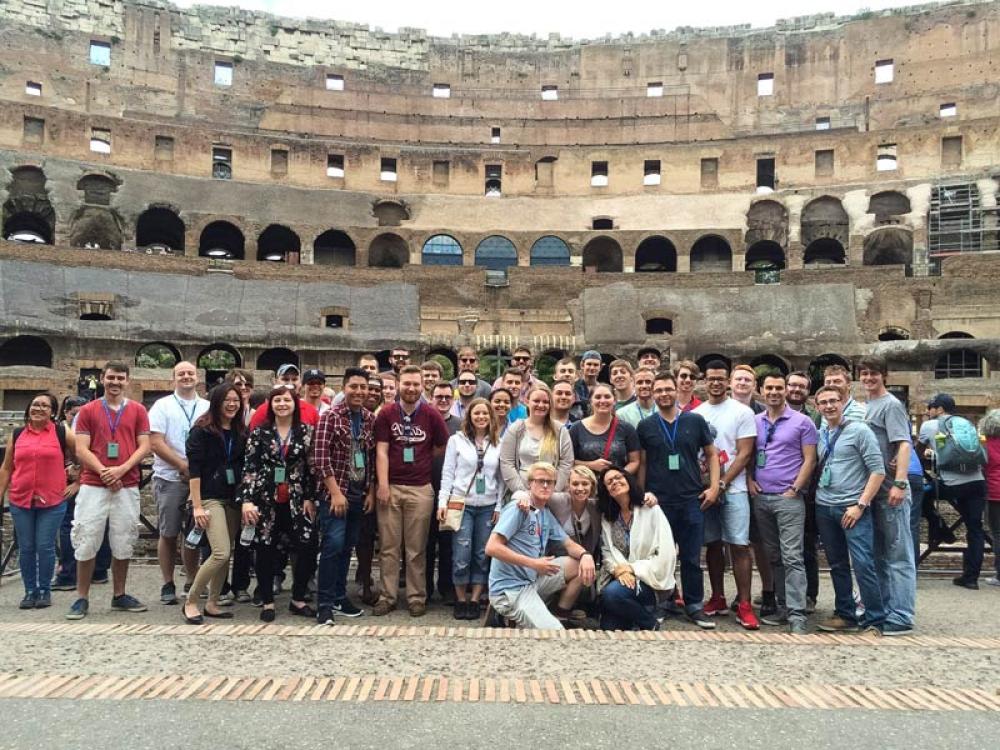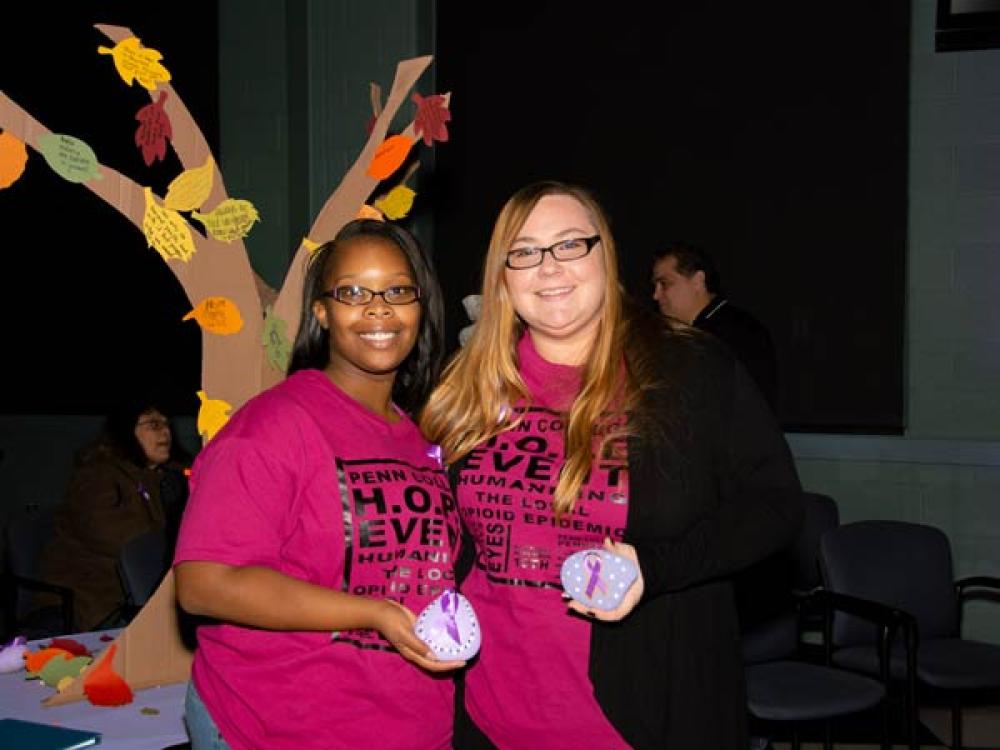Human Services & Restorative Justice
About this program
With a degree in Human Services and Restorative Justice, you’ll have an opportunity to help and make a true difference. Your work will empower others, inspire change, contribute to healthy communities, and promote advocacy.
At Penn College, you’ll join a community of tomorrow-minded students and instructors dedicated to transforming tomorrow. In coursework and internships, you'll learn how to apply a well-rounded approach to enhance services for those who need them most. And thanks to small class sizes, an immersive approach to learning, and expert faculty by your side, you’ll have the skills and confidence to spark change in this rewarding field.
You'll be prepared to address substance abuse, family violence, counseling, policing, and aging in diverse professional settings such as probation services, group homes, mental health centers, and children and youth services agencies.
Join the Penn College Human Services & Restorative Justice Community ![]()
![]()
Ethical Standards, Background Checks and Clearances
The Human Services and Restorative Justice program abides by the National Organization for Human Services (NOHS) ethical standards, which can be found here . Additionally, field experiences and internship sites may require background checks and clearances. Learn more.
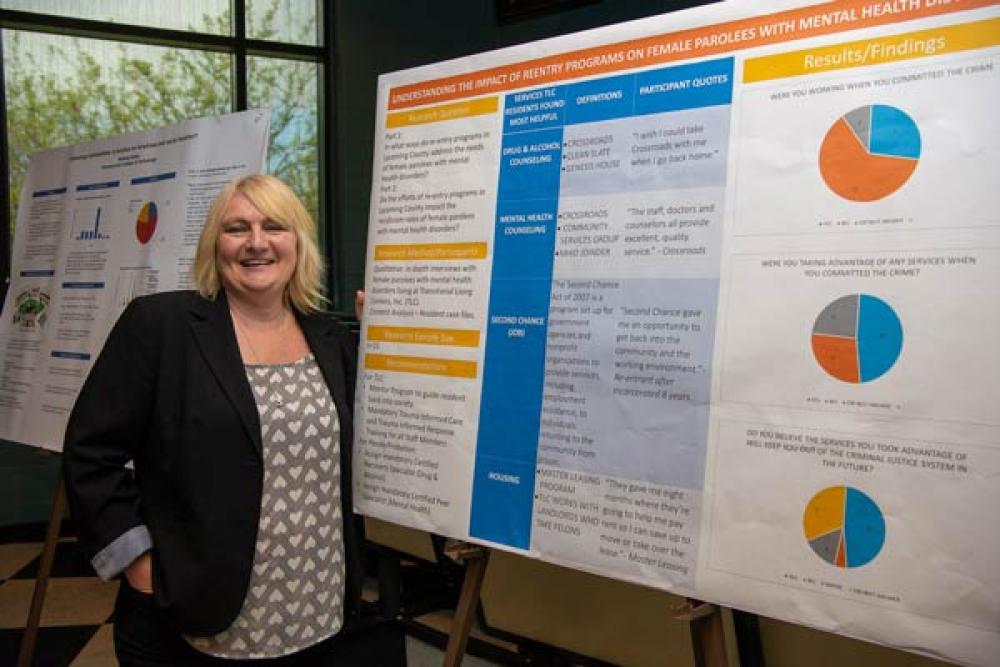
Careers
- Social services caseworker
- Drug & alcohol counselor
- Youth development specialist
- Probation officer
- Restorative justice coordinator
- Parole officer
- Police officer
- Corrections officer
Courses
At Penn College, we believe your educational experience should go beyond specialized skills. Real-world ready means taking a broader approach that builds communication skills, inspires collaboration, and encourages exploration of arts, history, and science.
Specialization requires in-depth knowledge and high-level proficiency. Students learn and apply major-specific concepts, skills, and methods.
- Introduction to Human Services & Restorative Justice (HSJ115)
- General Psychology (PSY111)
- Introduction to Sociology (SOC111) or
- Introduction to Interviewing Skills & Intake Processes (HSJ120)
- Diversity & Inclusive Practices (HSJ212)
- Human Services & Restorative Justice Application Elective (HSJ)
- Assessment, Case Management & Crisis Intervention (HSJ223)
- Criminal Justice (HSJ263)
- Developmental Psychology (PSY203)
- Counseling Theories & Techniques (HSJ225)
- Internship I (HSJ255)
- Serving & Surviving in Human Services (HSJ275)
- Families in Crisis (HSJ261)
- Management & Administration in Government & Non-profit Agencies (HSJ304)
- Human Services Application Elective - 300 Level (HSA)
- Trauma-Informed Care (HSJ302)
- Community, Advocacy & Change (HSJ312)
- Human Services Application Elective - 400 Level (HSB)
- State & Local Government (PSC141)
- Contemporary Issues in Human Services & Restorative Justice (HSJ420)
- Legal Advocacy (HSJ401)
- Research Methods (SOC313)
- Internship II (HSJ455)
- Capstone (HSJ495)
Perspectives are points of view, offering a variety of ways of understanding, interacting, and influencing the world. Students identify, explain, and utilize the approaches used by academics and professionals to study, analyze, or understand problems, and offer solutions.
Foundations are the practical, intellectual, and social skills: communication, collaboration, critical and ethical thinking, quantitative thinking, and technological literacy that are crucial to every student at every stage of education and at every stage of life.
- Information, Technology & Society (CSC124)
- English Composition I (ENL111)
- Technical & Professional Communication (ENL201)
- Mathematics Elective (MTH)
- Fundamentals of Speech (SPC101)
- Topics in Mathematics (MTH153) or
- Business Statistics (MTH157) or
- Statistics for Health & Behavioral Sciences (MTH159) or
- Statistics for STEM Fields with Computer Applications (MTH161)
Next steps...
You're on your way to becoming a tomorrow maker.
On the Podcast
Dr. Craig Miller, History Professor, and recent Human Services & Restorative Justice grad Ashlee Felix-Taveras discuss prison education and restorative justice in this can't miss episode of the Tomorrow Makers podcast.
Featured Video
Leadership challenge course
The challenge course is designed to enhance problem-solving, leadership, teamwork and communication skills for students.
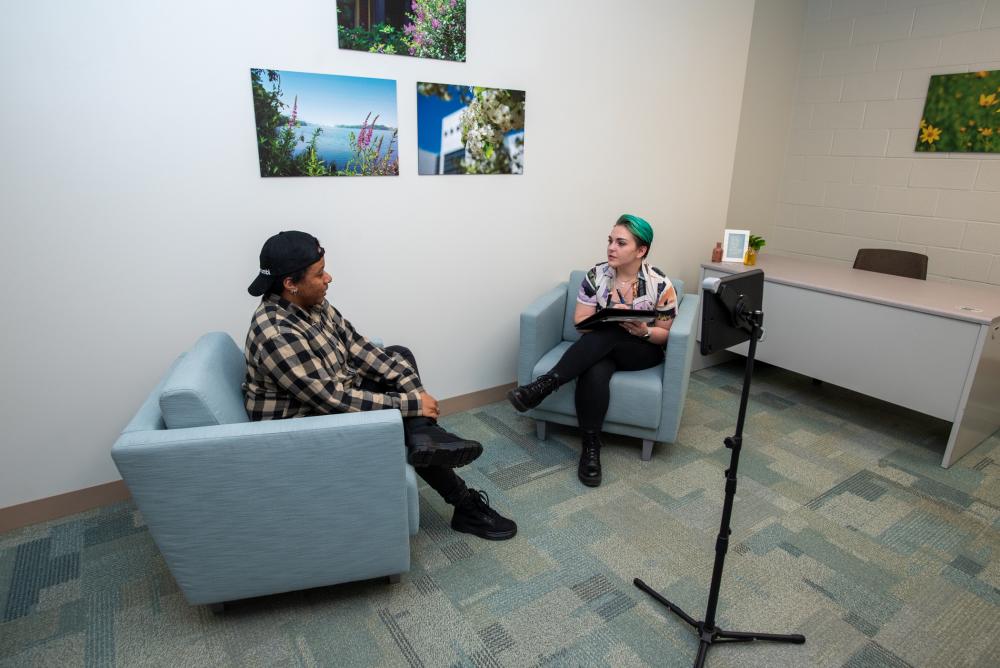
Facilities
Counseling Lab
Also reserved for Human Services and Restorative Justice students, this applied learning space is used for mock one-on-one and group counseling sessions—all of which are captured via video for the future review and can be used as part of a resume. Upper division students play the role of the clients while students taking lower level courses act as counselors.
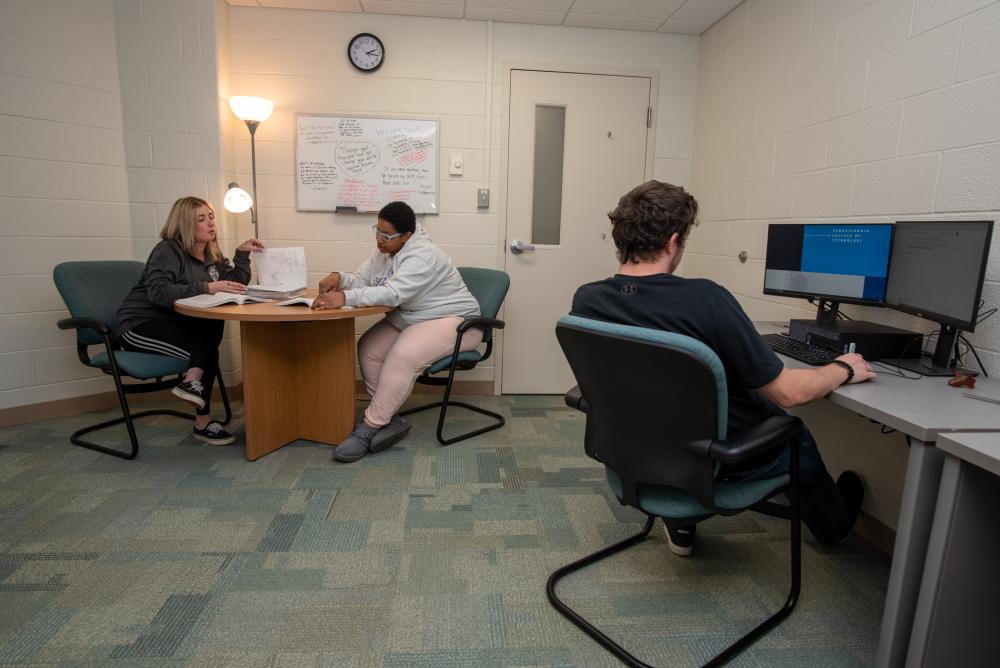
Facilities
Mentoring Lab
Reserved for Human Services and Restorative Justice students, this lab is the premier location for our mentoring program. All incoming students are paired with current students. Together they design a study plan for their time at Penn College. The lab can also be used for study sessions and peer-to-peer advising.

